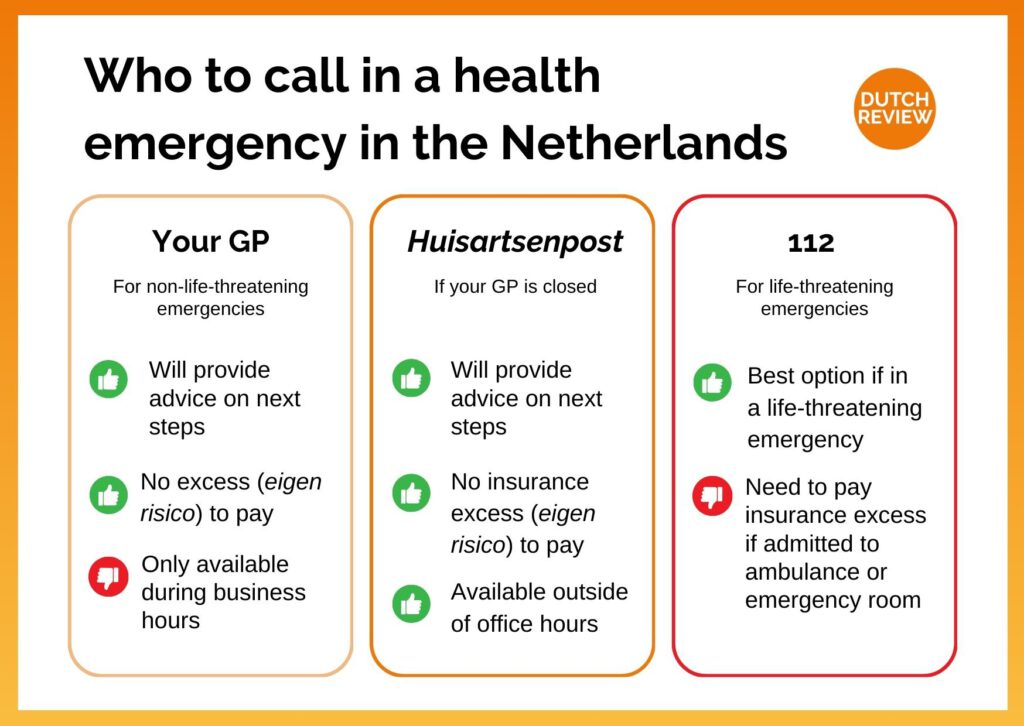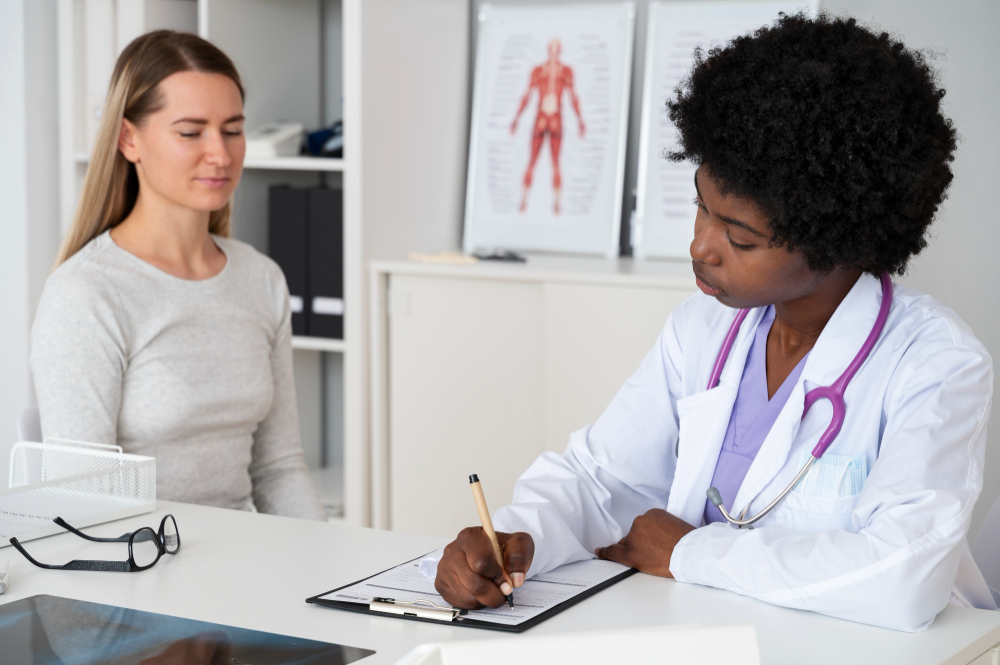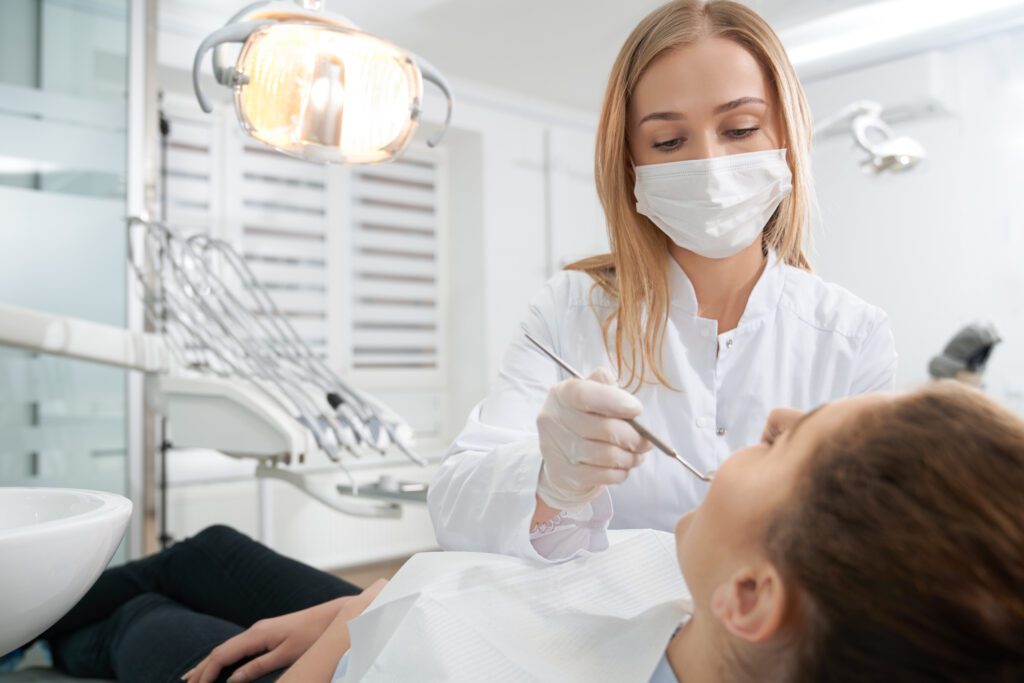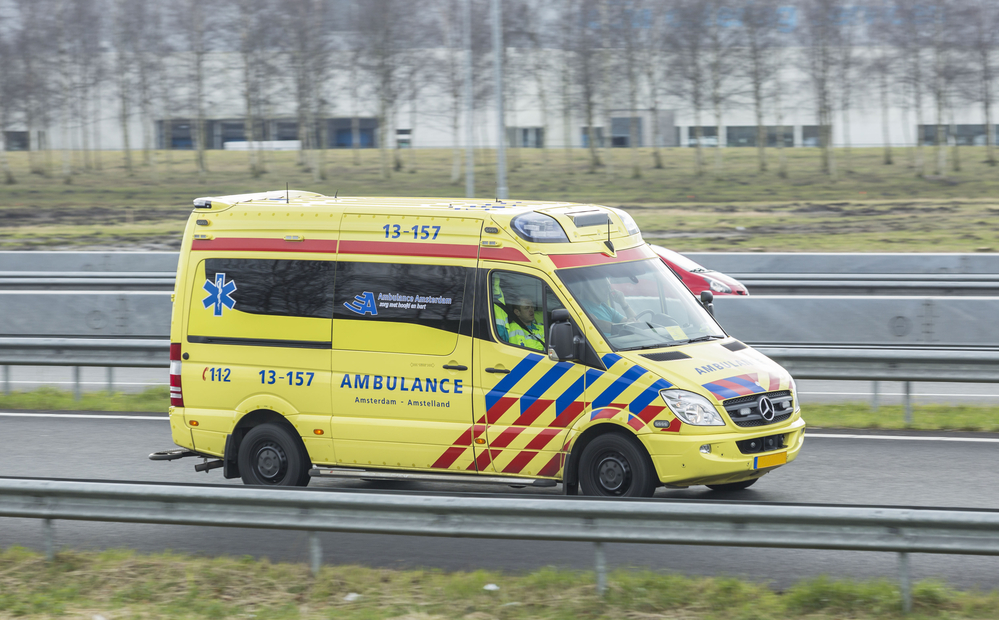Emergency rooms and care in the Netherlands work differently from other countries.
But let’s face it: medical emergencies can happen to anyone, anywhere.
Want to know what to do? Here is your guide to navigating emergency care in the Netherlands!
Are you having a life-threatening emergency? Call 112 to access emergency care in the Netherlands.
🏥 Types of emergency care in the Netherlands
Emergency care in the Netherlands comes in all different shapes and sizes. It’s important to know which to access and when.
There are emergency rooms and urgent first aid, but there are also general practitioner appointments and dental emergencies.
We’ve broken them down into a few main categories so that you know who to call and where to go for each type of Dutch emergency care.
READ MORE | Mental healthcare in the Netherlands: all you need to know for 2023

🚨 Help! I have a life-threatening emergency
Do you require emergency care because of an accident? In the case of a life-threatening emergency, such as a heart attack or stroke, call 112.
In the Netherlands, ambulances are only really reserved for serious, life-threatening emergencies.
When you call 112, the operator will determine whether or not an ambulance should be sent to collect you or if you can make your own way to the emergency room.
🩻 I have a problem that is not life-threatening
What if you have a medical problem that requires emergency care but is not life threatening? Well, in the Netherlands, there is a slightly different procedure for non-emergency help.
GP or your huisartsenpost
If the situation is not life-threatening, call your huisarts (general practitioner) first. They’ll advise if you need to go to the emergency room at a hospital (spoedeisende hulp).

However, if your huisarts is closed or unavailable, you can search online for the number of a nearby huisartsenpost. A huisartsenpost connects you to nearby doctors who are on standby to help.
READ MORE | How to register for a doctor in the Netherlands
Then, the receiver should either invite you to visit their office, refer you to the hospital, or tell you to wait for your own huisarts to become available again.
🦷 Dental emergencies
Annual dental checkups are part of a normal routine — but if you suffer from continuous bleeding, a knocked-out tooth, intense pain, or broken bones in your face, you’re in need of emergency dental care.
READ MORE | Pharmacies in the Netherlands: 8 questions answered
While it’s advisable to try contacting your own dentist first, if that’s not an option, you can call the spoed tandarts (emergency dentist). These dentists are available to help residents in the Netherlands and tourists as well.

The easiest way to find one? By looking up the number of emergency dental clinics in your city — every city in the Netherlands has at least one that’s open 24/7.
💰 Cost of emergency care in the Netherlands
If you’re living in the Netherlands for more than four months, health insurance is mandatory (unless you have a health insurance card from within the EU).
READ MORE | All you need to know about healthcare allowance in the Netherlands [2023]
The good news is that your health insurance plan, which costs an average of €138.11 per month, should also cover many expenses of emergency care in the Netherlands.
It’s important to know that if you use your GP or the huisartsenpost, your insurance should cover everything.
However, if you need to be transported by an ambulance or go to spoedeisendehulp (the emergency room), you’ll likely need to pay the excess (eigen risico) on your insurance policy. This is typically around €385.
🧳 What if I’m a tourist or am not insured?
Emergency care can be necessary at any time — even while on vacation in the Netherlands.
Unfortunately, if you’re not a resident of the Netherlands and also don’t have a European Health Insurance card, you will have to pay for your own healthcare costs.
READ MORE | The complete guide to getting health insurance in the Netherlands
Some countries, like the UK, have reciprocal healthcare agreements with the Netherlands, where they provide medical care to each other’s citizens.
If your home country is one of them, you could get reimbursed for your healthcare costs while in the Netherlands.
🚑 Ambulances in the Netherlands
Ambulances in the Netherlands are reserved for life-threatening emergencies. For example, if you broke your arm playing football, it’s normal to have someone you know drive you to the hospital instead of calling an ambulance.
Whether you require a land ambulance (van) or an air ambulance, the Netherlands is fully equipped with Rapid Response Vehicles.

Each ambulance is staffed with at least two people and at least one trained paramedic.
READ MORE | All you need to know about going to the hospital in the Netherlands
However, note that the word “paramedic” is not used for emergency care in the Netherlands — instead, they’re referred to as “nurses”.
If the ambulance’s staff manage to stabilise you on the spot without transporting you to the hospital, the service is free of charge.
In need of an ambulance? Dial the standard helpline number 112 to receive emergency care. If you’re deaf or hard of hearing, dial 0800 8112.
Whether you’re living here or just a tourist passing through, it’s a good idea to familiarise yourself with emergency rooms in the Netherlands work — that way, you won’t have to wait until the actual emergency.
Do you have any other tips for emergency care in the Netherlands? Tell us in the comments below!
🙋♀️ Emergency care in the Netherlands: Frequently asked questions
How much does it cost to go to the ER in the Netherlands?
Going to an emergency room in the Netherlands as a resident of the country is typically covered by your health insurance. However, you will first have to pay your eigen risico (excess), and then your health insurance will cover the rest.
If you’re a tourist or a non-resident, you must pay healthcare costs yourself. If you have travel insurance or a European Healthcare Card, you may be eligible to be reimbursed.
What to do in case of a medical emergency in the Netherlands?
In the case of a life-threatening emergency in the Netherlands, call the number “112” or “0800 8112” if you are hard of hearing. Then, explain the nature of your emergency to the phone operator.
If it’s not life-threatening, call your personal huisarts or huisartsenpost instead.
Can you go to the hospital without insurance in the Netherlands?
Yes, but you will have to cover the costs of the emergency care yourself.
Do you have to pay for ambulances in the Netherlands?
If you don’t live in the Netherlands and/or don’t have health insurance, you will have to pay approximately €700 for a trip in an ambulance.
However, this is only the case if you take a ride in the ambulance. If the ambulance staff help stabilise you without needing to transport you, you will not be charged any money.






This is not true. I am Dutch and ambulances are not just for life threatening things. If you have a broken leg you usually also go by ambulance. Someone fainted and had probably to much alcohol? Ambulance. You don’t have to call 112 per se if it’s not life threatening but they still might send an ambulance.